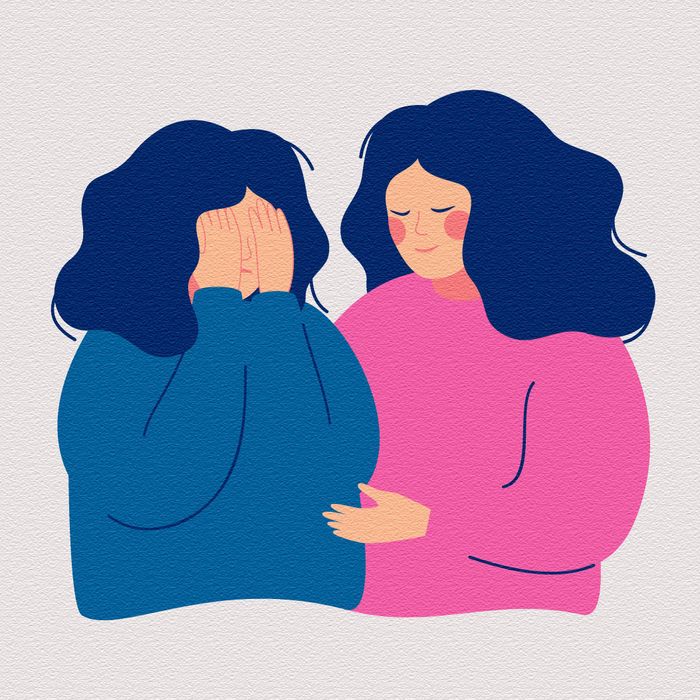Photos not being big enough or clear enough?
Or hate bangs :) On our foreheads? Call them shadows?
Our Wording is Wrong as it makes them sad? Because they lost friends to this Virus?
Their Mother or Father died in all of this Virus sickness ?
Are very sad!
Sigh!
Sorry is no longer Enough or the Right Words to say?
“All you really need to say
is some variation of: “I'm sorry you're going through this. I'm here.
I'm thinking about you, I love you,” says McDowell, who also has a line
of empathy cards. “Your job here is to let the person know you care, and making the effort of sending a card is a great way to do this.Oct 31, 2019

When someone you know is grieving, it’s natural to want to reach out and help. But often, it’s difficult to know what to say
when someone dies. Faced with the enormity of loss, words feel
inadequate. It’s not uncommon to feel paralyzed, terrified of saying the
wrong thing.
There’s
no perfect combination of words that will take away a grieving person’s
pain. But there are ways for you to show them that you care, from
sending a card, to bringing over a home cooked meal, or just showing up
in person.
From
what to write in a sympathy card to when it’s appropriate to pick up
the phone, we asked grief advocates, therapists, and other experts for
their advice on how to support friends and loved ones when someone dies.
But before you pick up the phone, it’s worth considering your
relationship with the person. “If you aren’t close, definitely don’t
call within days of a tragic event or difficult news,” says Emily
McDowell, co-author and illustrator of There’s No Good Card for This. “Phone calls can feel intrusive and overwhelming at this time. A card,
an email, or a text is better. However, if you are good friends or
close family, call! The person can always choose to not pick up.”
Acknowledgement
can go a long way, even if you don’t know the person well. If you run
into someone you know is grieving, don’t avoid them or engage in small talk like everything is normal. Megan Devine, author of It’s OK That You’re Not OK: Meeting Grief and Loss in a Culture That Doesn’t Understand says it’s best to let the grieving person lead.
“I tend to make eye contact,” Devine says. “And maybe a little nod of the head to say I see you, and I’m going to respect your space right now, but I want you to know that I see you.”
Show up in person
The best way to show support for someone who’s grieving is to let them know you’re there for them — and then actually show up.
“When words are inadequate, it’s your presence that makes a difference,” says Dr. Alan Wolfelt, the director of the Center for Loss and Life Transition.
If there’s a funeral or memorial service, make an effort to attend.
“You’ll always remember the people that do, in fact, show up,” Wolfelt
says.
Anticipate their needs
When someone is grieving, one of the simplest ways to show support is to offer to help with chores and other practical tasks.
Don’t try to “fix” their grief
Some phrases to avoid: everything happens for a reason; God wouldn’t give you more than you can handle; what doesn’t kill you makes you stronger; at least they lived a good life.
Another phrase to avoid: “I know how you feel.”
Don’t avoid saying the deceased person’s name
Keep checking in
Even
after everyone else goes back to their day-to-day lives, it can be
helpful to keep checking in on the person in the weeks and months after
their loss.
“Loss
doesn’t have an expiration date,” McDowell says. “If something truly
bad has happened, a person’s life has changed forever, and just because
time has passed, they probably haven’t stopped thinking about their
grief.”
Don’t worry about getting it 100 percent right
Reaching
out to a friend who has just lost a loved one can be daunting, but it’s
better to try and risk making a mistake than not try at all. When
people avoid addressing a tragedy out of fear of making things worse,
the person grieving can end up feeling abandoned.


No comments:
Post a Comment